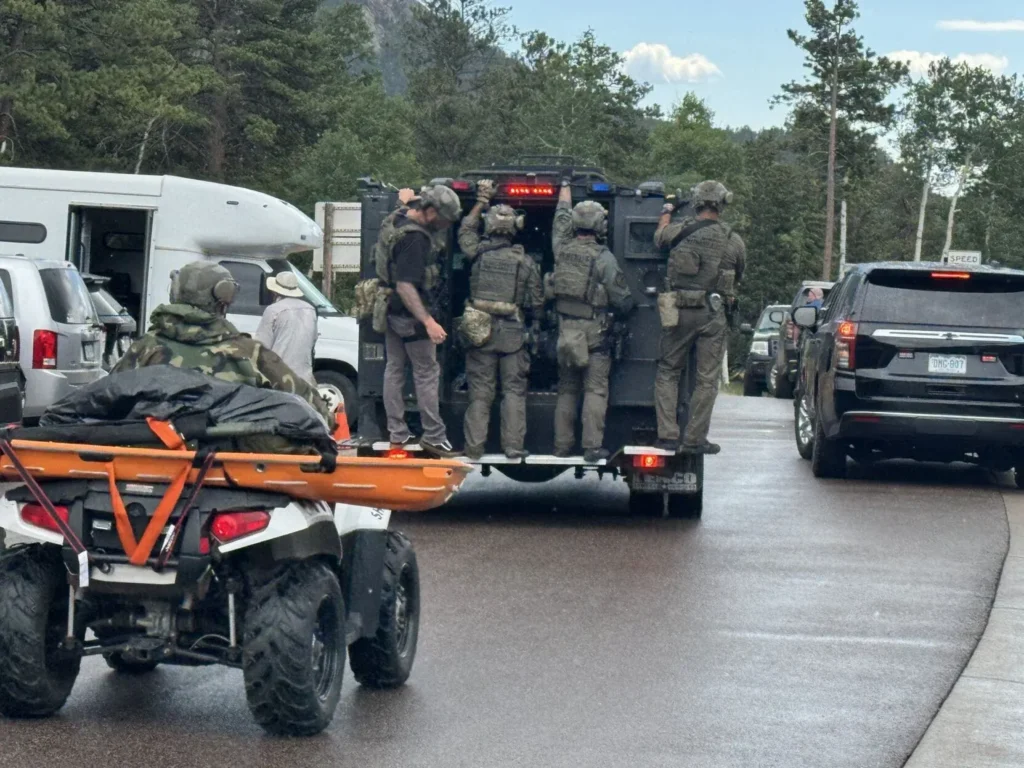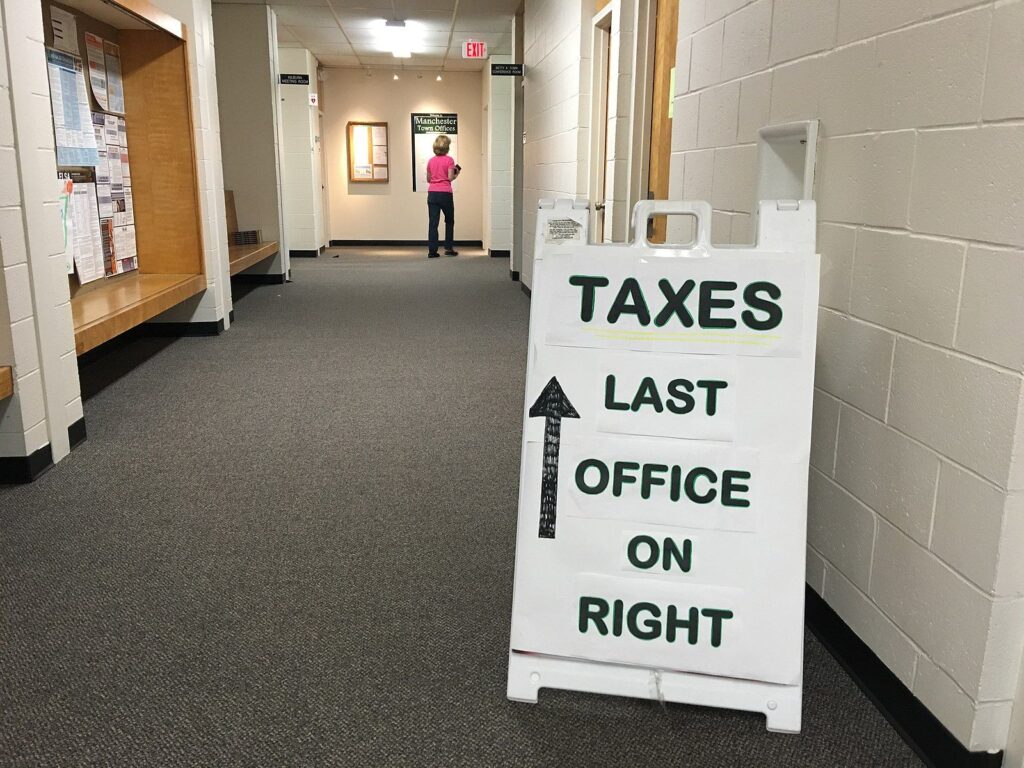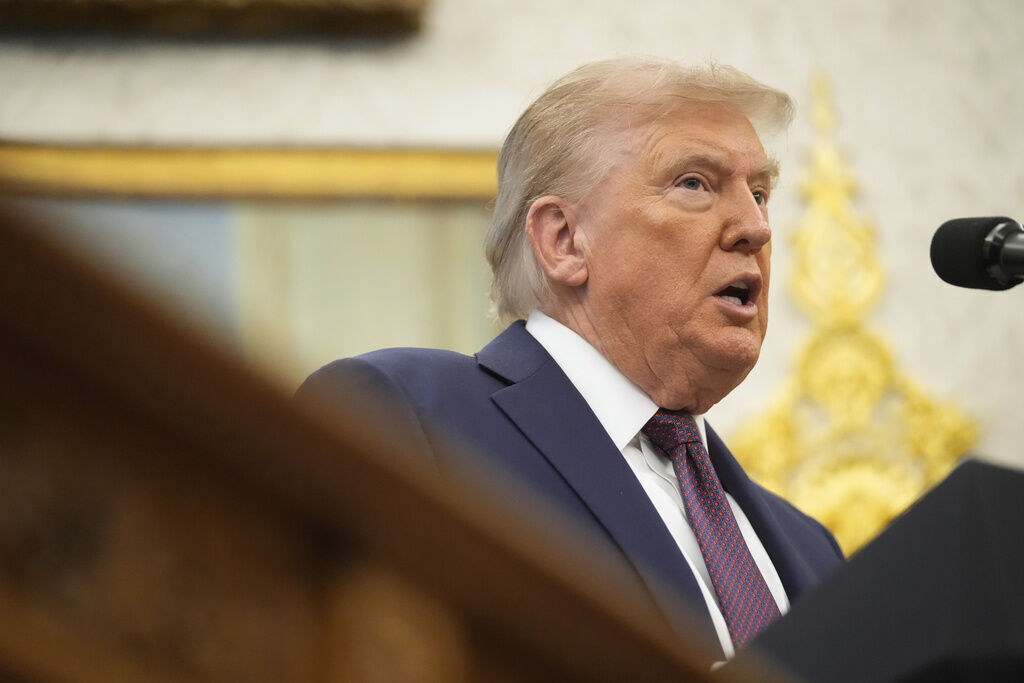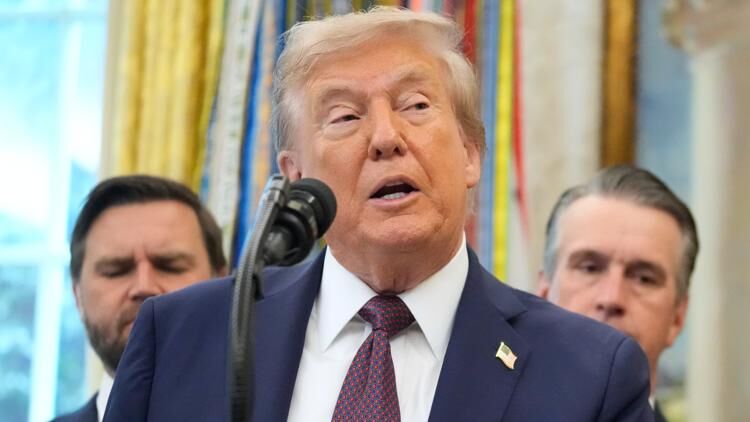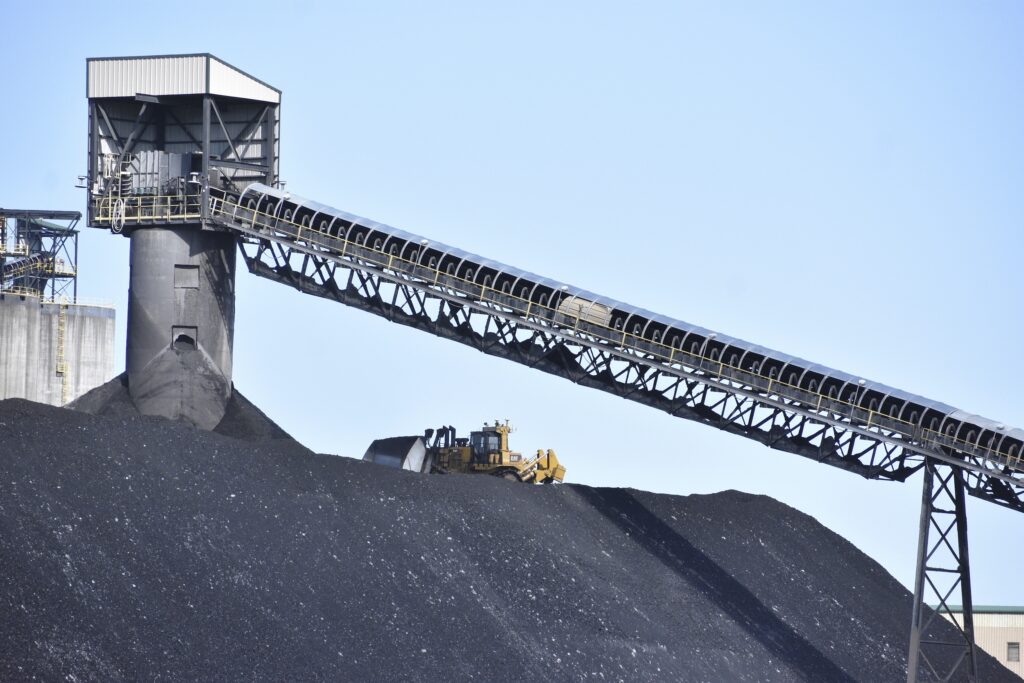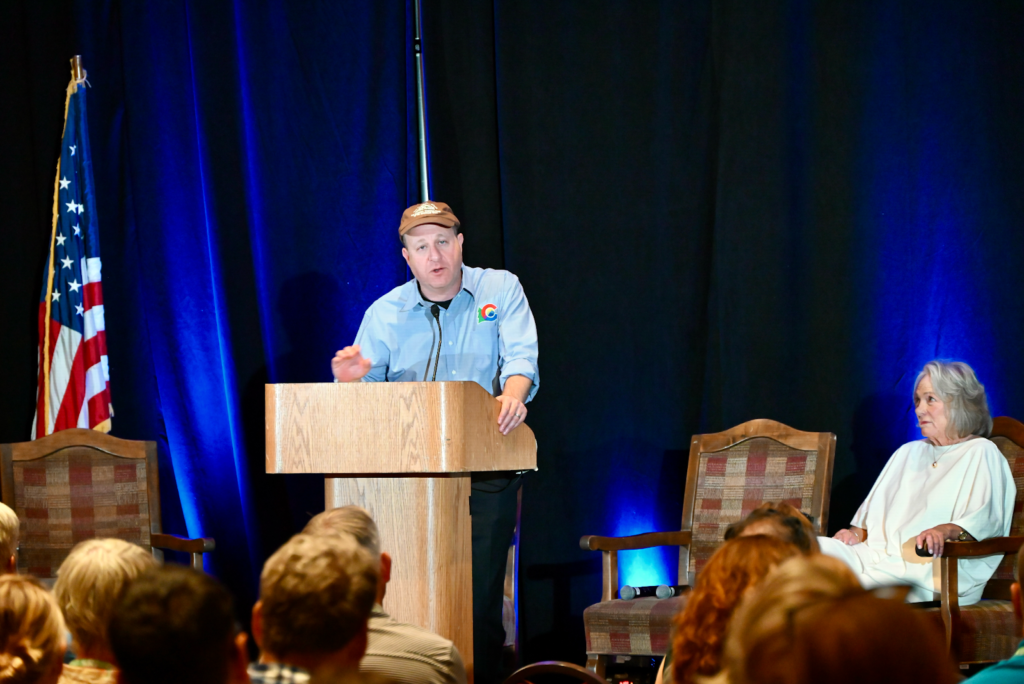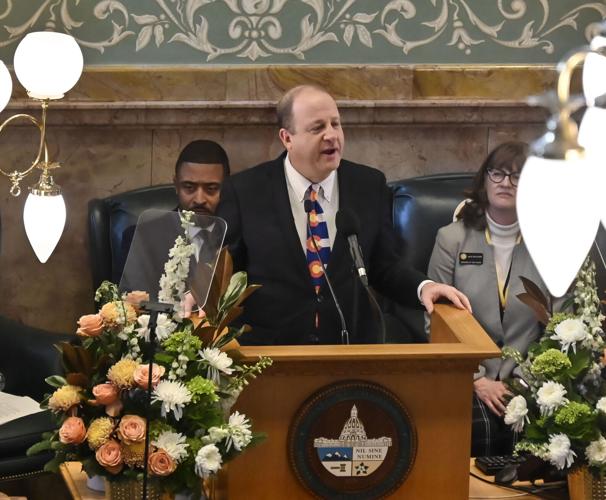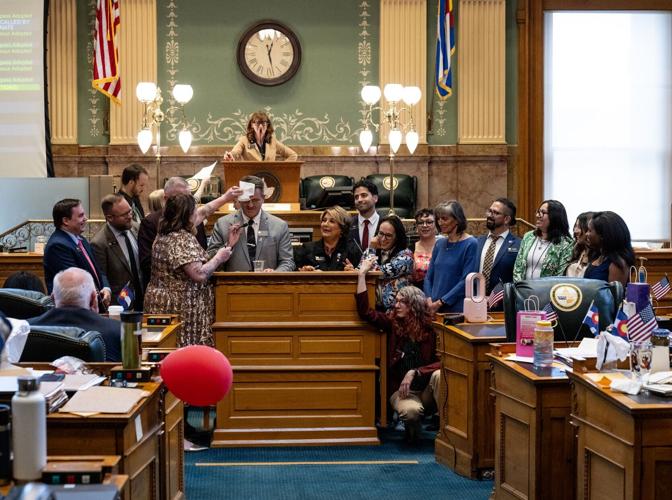Denver projected to receive $39M in opioid settlements
Denver is projected to receive $39 million as part of a multibillion dollar national settlement with three opioid distributors and Johnson & Johnson, City Attorney Kristin Bronson said Monday.
The money – at this point a “best projection,” Bronson said – is part of Colorado’s $384 million share of the multistate settlements with Johnson & Johnson, McKesson, Cardinal Health and AmeriSource Bergen. The money will be paid out to the city and state over the next 18 years, she told members of the City Council’s budget and policy committee. The money is being split statewide in regional and local shares, with more being set aside statewide for an infrastructure fund.
About $10 million of Denver’s projected share will come via the local government program, while the remaining $29 million will arrive through the regional program. There are 19 regions statewide, said Ed Gorman, senior assistant city attorney, and Denver is a region by itself. While more money may come via the infrastructure pot, it’s no guarantee; the attorneys said that money will be used to support treatment centers and similar institutions, primarily in areas of the state with little such infrastructure.
US overdose deaths topped 100,000 in one year, officials say
Denver will receive 15% of the state’s share, Gorman said. Three-quarters of the overdose deaths in the state happen in the metro area and El Paso County, Bronson said, and Denver has more than any other county. Between March 2020 and March 2021, she continued, “about 319” people had died of overdoses here.
More money is likely to come to Denver as other opioid-related lawsuits draw to a close. McKinsey & Co., the consulting giant, will pay the state $10 million. Settlements from Purdue Pharma and its founding family, the Sacklers, will send another $50 million. An additional $25 million will come from drugmaker Mallinckrodt. Additional settlements or jury awards against other large pharmaceutical companies are possible, too.
Colorado’s ‘tsunami of crime’ is in need of a levee | Vince Bzdek
The money, Gorman said, can be used for “forward-looking abatement purposes.” It’s a broad term, he continued, that really only precludes use of the money for past, opioid-abatement related expenditures. Options include supportive housing; medication-assisted therapy, like methadone; children’s, community-based and mental health services; and care and recovery resources for opioid-use disorders.
Projections indicate the money may become available in July 2022, though Gorman said it may come even earlier than that.
As part of the terms of the settlement and distribution, Denver will establish a council – as will the other 18 regions in the state – to draft its two-year abatement plan, he said. The council will also draft bylaws and report annually to its statewide counterpart. The Denver entity will be made up of various county officials, including Bob McDonald, who heads the city’s Department of Public Health and Environment; Britta Fisher, of the Department of Housing Stability; City Councilor Debbie Ortega; and Lynn Unger, of Denver County Court, among others.
City Councilor Robin Kniech expressed concern that none of the council members are specifically trained in addiction medicine or research. Gorman explained that a term of the settlement is that members must be elected officials or city employees, to prevent conflicts of interest: An expert may also run or work an organization that could receives funds, he explained.
Councilman Chris Hinds thanked the attorneys for their role in the settlement process.
“Really what matters here is what’s right,” he said, “and I’m glad we’re getting a settlement after the exploitation and killing of so many Denverites, Coloradans and Americans.”


